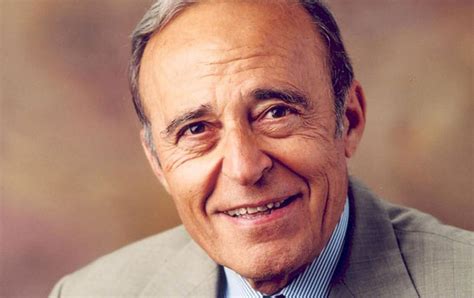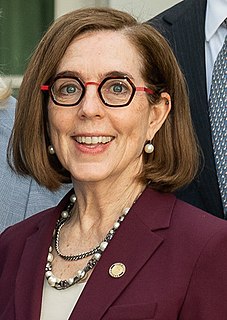A Quote by Jon Porter
Many students graduate from college and professional schools, including those of social work, nursing, medicine, teaching and law, with crushing debt burdens.
Related Quotes
It's true that many of the leaders who started at non-elite colleges as undergrads later attended prominent graduate schools in law, business, medicine, and so on. But the point is that they found their own way there - as young men and women in their early 20s, not teenagers pressed into action by parents and peers.
It's difficult to get a job and people stay in school longer because they're employed as teaching assistants or instructors by their schools, by their schools where they're graduate students, and that does become exploitative eventually because they're very cheap labor and there's a way in which in it's not in the institution's interest to give them a degree if they can continue to employ them, I don't think anybody thinks that way, but effectively that's the way the system is starting to work.
The thing that's depressing is teaching graduate students today and discovering that they don't know simple elemental facts of grammar. They really do not know how to scan a line; they've never been taught to scan a line. Many of them don't know the difference between 'lie' and 'lay,' let alone 'its' and 'it's.' And they're in graduate school!
Education - much like law or medicine - should be a profession governed by professionals. Unfortunately, too many policies, even those that are well-intentioned, come from the top, leaving out those closest to the classroom, who have the greatest insight into how to provide a high-quality education for all students.


































